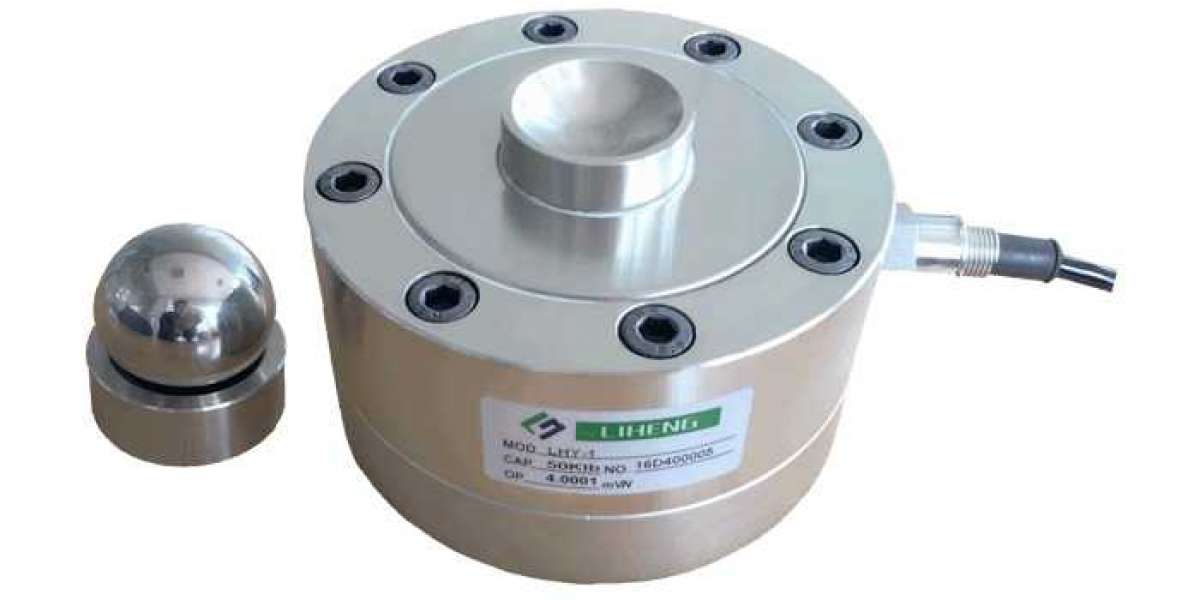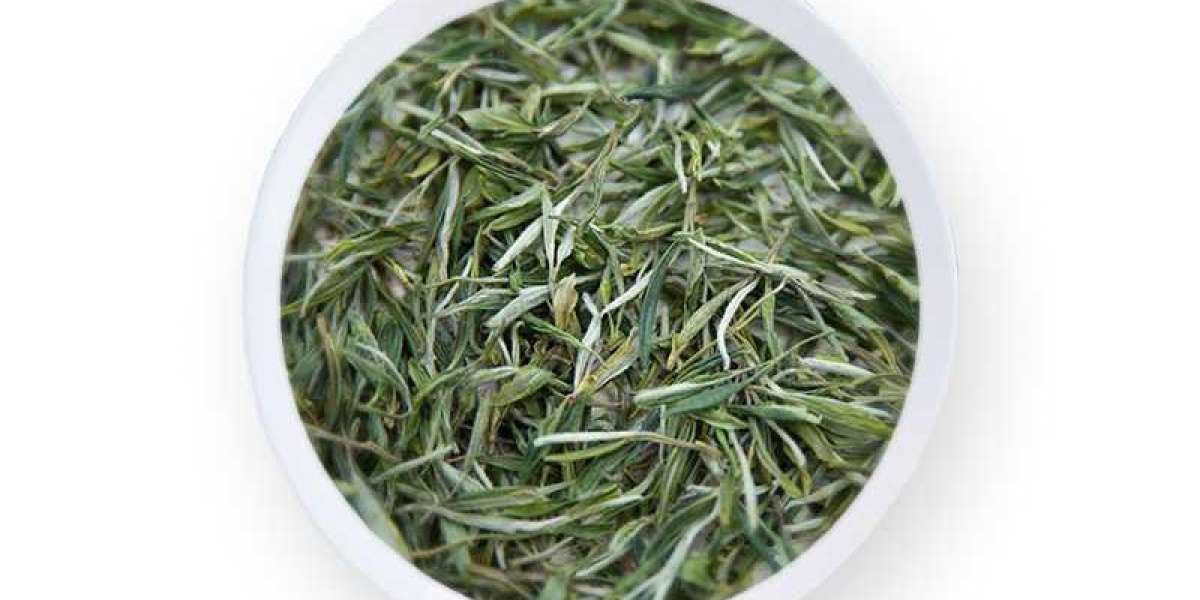Different situations require different weight measurement methods. To select a suitable load cell for a specific application, users should consider three factors: the environment, location, and the load itself.
From low bathroom scales to huge ship-to-shore cranes, various weighing technologies rely on load cells. These force sensors convert compression, pressure, tension, or torque into electrical signals, which can be found in many applications:
Catering: filling machines, packaging machines, price tags
Pharmaceutical and biotechnology: incubators, hospital beds, infusion pumps
Mechanical manufacturing and automation: presses, stamps, robots
Industrial vehicles and machinery: balers, fertilizer spreaders, livestock scales
Load cell manufacturer's load cell is also used for indirect measurement of liquid level. For example, two types of load cells-transparent beams and curved beams are installed at the bottom of silos, storage tanks, or other storage tanks. Knowing the weight of the material, the geometry of the container, and other variables, you can calculate how much material is currently in the container. Since the load cell does not need to be in contact with the material, this liquid level measurement method is particularly suitable for applications that contain corrosive, steam, foam, or dusty media.
The process of selecting ball type load cell
Choosing the load cell to use is a multi-step process involving multiple factors. Of course, the measurement range, accuracy, linearity, hysteresis, and repeatability of the load cell are important, but there are other key variables to keep in mind customers do not always consider these variables, which may mean successful results and disappointments The difference between the performance.



